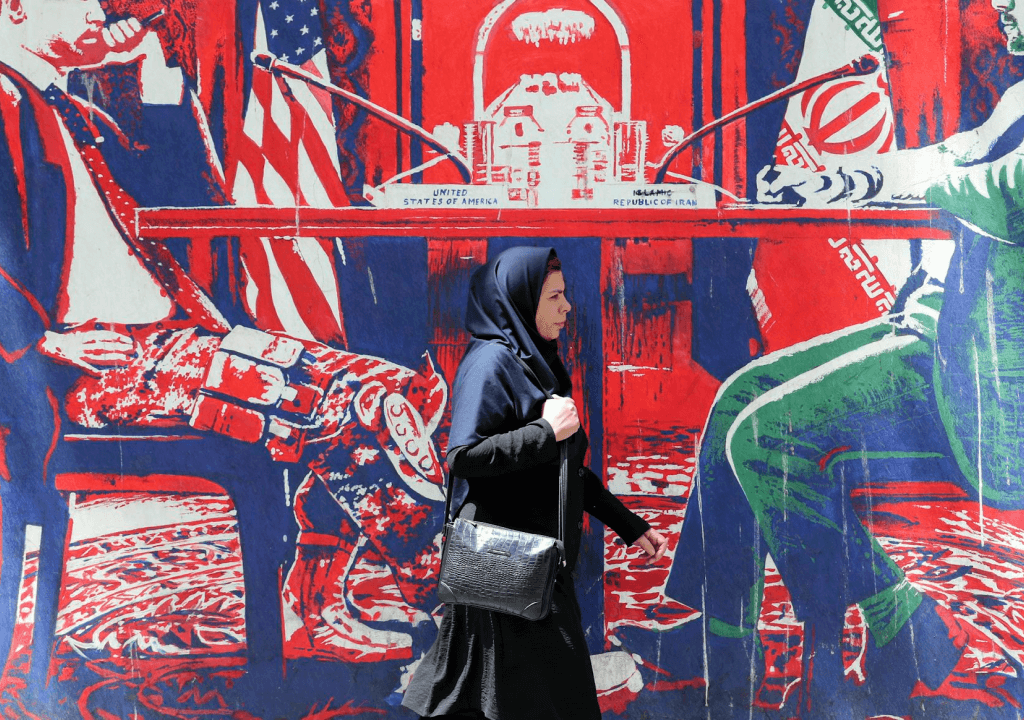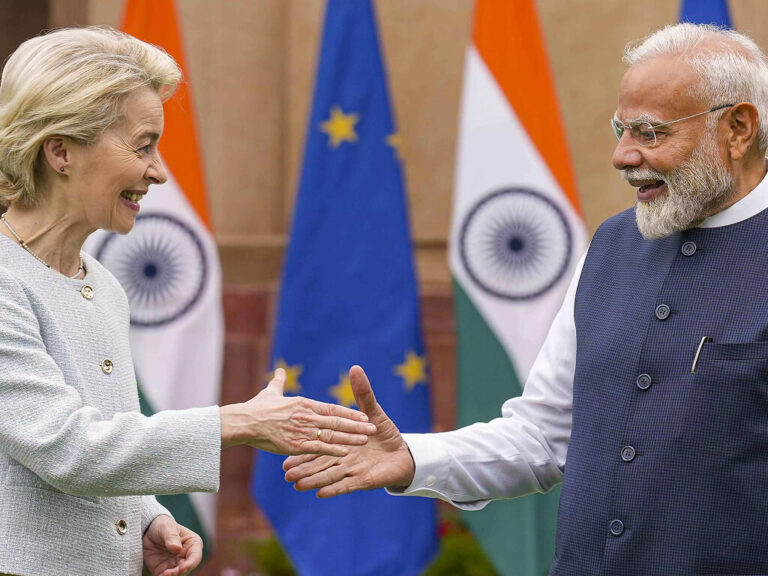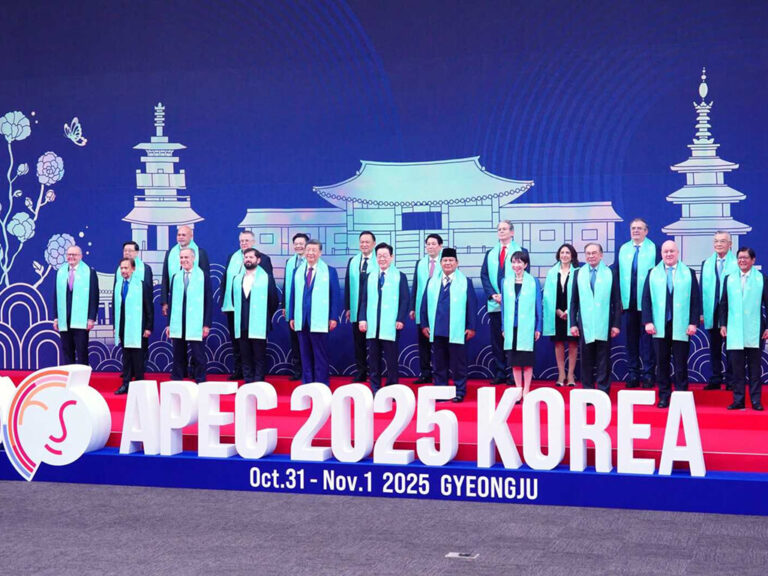When Donald Trump started his second term, it seemed like tensions with Iran were bound to escalate. His strong ties with Israel and Saudi Arabia—two of Iran’s biggest rivals—suggested a hardline approach was inevitable. But just a few months in, things have taken an unexpected turn.
Trump now appears focused on striking a deal with Tehran. In a surprising development, the United States and Iran have wrapped up their first round of nuclear talks in Oman. These discussions are the first substantial talks between the two nations since 2018, when Trump pulled the U.S. out of the original nuclear deal, promising to secure a better one. After years of stalled diplomacy, these renewed talks signal real progress toward a potential agreement—one that could not only change the Middle East but also reshape global geopolitics.
Optimism Grows After Positive Talks
The United States and Iran have both described their recent nuclear talks as constructive. The two-and-a-half-hour meeting was brief but respectful, laying the groundwork for further negotiations.
Iran’s chief negotiator, Foreign Minister Abbas Araghchi, spoke favorably about the discussions, noting they occurred in a calm and respectful setting without the use of inflammatory language. This tone suggests the U.S. delegation, led by Trump’s envoy Steve Witkoff, avoided repeating earlier threats of military action.
Although the meeting was considered a success, it unfolded in an unusual format, with both delegations stationed in separate rooms and communicating through Oman’s Foreign Minister, Badr bin Hamad al-Busaidi. While it stopped short of a full face-to-face dialogue, Araghchi and Witkoff briefly spoke in Busaidi’s presence—a modest but symbolically significant gesture. Aware of political sensitivities at home, Iran downplayed the interaction and withheld any photographs.
Following the talks, the White House described the discussions as highly positive. Witkoff emphasized that he had been directed to pursue diplomacy and dialogue to resolve long-standing differences. The administration acknowledged the complexity of the issues but considered Witkoff’s direct communication a meaningful step toward a mutually beneficial outcome. Araghchi had earlier stated that Iran was committed to securing a fair agreement, while the U.S. reaffirmed the value of direct engagement as essential to reaching a possible deal.
Second Round Set for Next Week
A second round of nuclear talks is set for Saturday, marking progress toward a possible agreement. While Iranian Foreign Minister Abbas Araghchi noted the next round may not be held in Oman, he confirmed that Oman would continue to mediate.
Both sides seem increasingly willing to engage, with the upcoming talks expected to build on momentum from President Trump’s recent letter to Iran’s Supreme Leader. Sent via the United Arab Emirates, the letter expressed Trump’s desire to prevent Iran from acquiring nuclear weapons and to avoid potential U.S. or Israeli military action.
Trump disclosed the ongoing negotiations during Israeli Prime Minister Benjamin Netanyahu’s visit to the White House on Monday. Netanyahu later stated that both leaders agreed Iran must never obtain nuclear weapons. He also proposed a “Libya-style” disarmament model—complete dismantlement of weapons programs—which Iran has firmly rejected.
Iran is instead seeking a deal that limits, but does not eliminate, its nuclear program in exchange for sanctions relief. Iranian officials continue to assert the peaceful nature of their program and insist that negotiations will focus solely on nuclear issues, excluding the country’s ballistic missile and broader defense capabilities.
What happens next?
Uncertainty still surrounds whether the talks will lead to a favorable agreement, as both sides remain firmly committed to their core demands. Experts widely agree that both Iran and the United States need a deal, but any major compromise could trigger political backlash at home.
As it continues to pose a significant security concern for two of America’s closest allies in the region—Israel and Saudi Arabia—making it unlikely that the U.S. would support any deal that fails to address their concerns.
At the same time, analysts believe Iran has limited options. The country faces deep economic troubles, and its leaders are under growing pressure from a dissatisfied population. In recent years, Iran’s influence in the region has declined, especially in Syria, Lebanon, Palestine, and parts of Yemen. These losses have weakened Iran’s regional standing and challenged its image as a leader of the Islamic world—posing real risks to the future of the Islamic Republic.
For Iran, a nuclear deal could provide a crucial lifeline—offering relief from sanctions and easing domestic unrest. For the United States, it presents a chance to keep Iran’s nuclear ambitions in check. As a result, talks are expected to continue.








